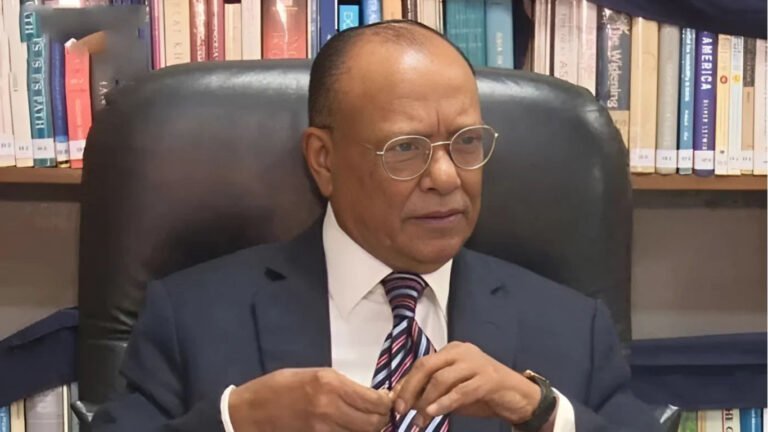In a democratic system, an elected government is expected to fulfill its economic promises gradually over its term, typically through annual budgets. It’s unrealistic to expect all commitments to be met within a single fiscal year. However, this year’s budget seems to lack that political character altogether. The current government did not make any electoral pledges beforehand, although they have expressed intentions for reform.
The reforms being discussed are mostly political, but Bangladesh requires multifaceted reforms. Ordinary people expect a budget that facilitates trade and business, and promotes investment.
The Finance Advisor has claimed that this budget is neither inconsistent nor overly ambitious, and that it will support business growth. The issue is that a budget should reflect political intent. When a nation holds free and competitive elections, political parties present manifestos beforehand, outlining what they will do for growth and improved living standards if elected. After elections, the winning party is held accountable by the public for those promises, and the budget becomes the primary tool to assess if those promises are being kept.
This year’s budget is contractionary—the first time in 20 years its size has been reduced. A budget, after all, is merely a financial plan of income and expenditure—not the totality of economic activity. Bangladesh’s GDP stands at around USD 500 billion, yet the national budget represents only about 12–14% of that. In developed nations, budgets typically constitute 20–22% of GDP. Ours averages only 11–12%.
Inflation is currently around 10%, whereas wages are rising at just 7%. When inflation outpaces wage growth, it means expenses surpass income—leading to reduced savings and, consequently, decreased investment. The government claims it aims to bring inflation down to 6–6.5%, which would allow for marginal savings—perhaps half a percent. If this saving enters the banking system, it could enable entrepreneurs to invest. Without savings, however, investment won’t grow. And for investment to grow, a stable economic environment is essential. Right now, investment growth is on the decline. Though the government says it will support investment growth, we await the actual results.
Only when a credible election takes place will the government become truly accountable to the people. Accountability means delivering what the public wants and needs—this is the essence of democracy and the foundation of social progress, economic development, and growth.
Politics guides the economy, and in return, the economy refines politics. Right now, political uncertainty clouds economic direction. While we talk about reforms, no tangible reform has yet been implemented. Several reform areas—like education—face no political opposition. The current education system is disconnected from economic and technological realities. Though we are increasing the number of educated individuals, the number of educated unemployed now exceeds the uneducated unemployed.
No one claims that the health sector cannot be reformed. With the right will, many reforms are possible. Yet, so far, no meaningful reforms have been visible.
What we need is a budget that helps restore economic stability and boosts investment. But such prospects remain dim due to the lack of savings and sluggish economic activity. Without national savings, investment cannot grow. On average, 97% of a country’s investment comes from its own domestic savings. Now, both investment and savings are declining, along with reduced credit flow to the private sector.
If investment falls, unemployment will rise, leading to social unrest. And when social disorder grows, no one wants to invest capital in that country. However, if the government does reform the health and education sectors, they will deserve recognition for that.
The writer is former FBCCI President & BNP Vice Chairman



